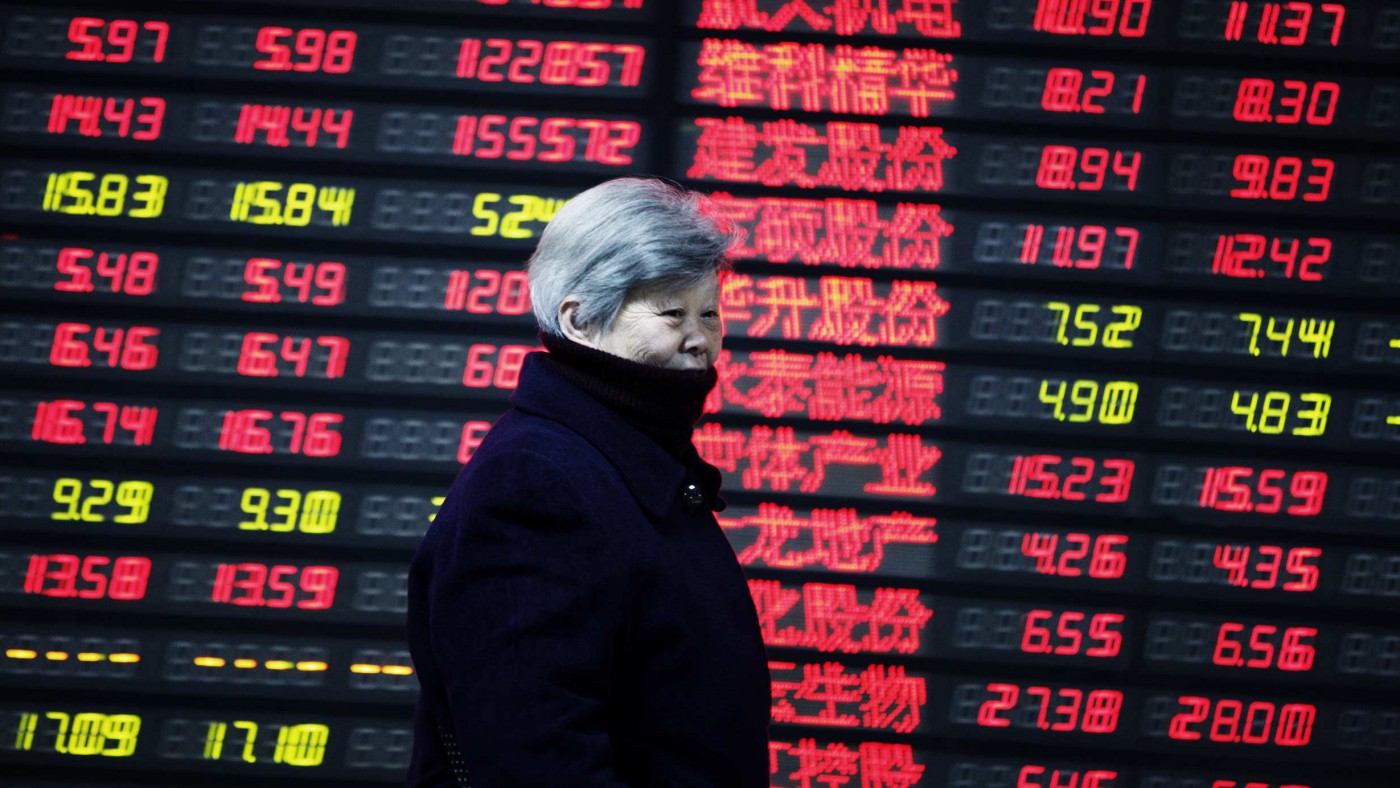The priorities of the Chinese Communist Party (CCP) have shifted. Previous administrations maintained a singular focus on economic growth in order to secure social stability. But the current government, headed by President Xi Jinping and Prime Minister Li Keqiang, perceives the ‘quality’ and ‘equity’ of growth as the fundamental challenges facing China. This shift is crucial to interpreting the news that Shanghai has abolished its GDP growth target.
The first point of note is that Shanghai represents President Xi Jinping’s political powerbase. Shanghai’s communist party chief, Han Zheng, was Mayor of Shanghai between 2003 and 2012, and is also a member of the ruling Politburo, the highest body in the party. Any policy news regarding the city is therefore highly significant, given what Shanghai represents politically within the CCP.
Secondly, services count for just under half of total economic output in China nationally, but in Shanghai, which is increasingly seen as post-industrial, that figure is 62%. The Shanghai ratio of services to manufacturing is closer to the economies of OECD members, and represents the direction in which the Chinese economy must progress if both quality and equity in growth are to be achieved.
Moreover, the reforms necessary to rebalance the Chinese economy, including freeing interest rates, deregulating cross border investment and loosening the control of state run companies, will cause short-term pain and lower growth. Shanghai is China’s bastion of the middle classes and relatively advanced when compared to the rest of China economically. From this perspective, abolishing the GDP target in Shanghai seems like a shrewd move to stave off potential criticism should reforms slow economic growth too drastically.
China’s middle classes are becoming restless, and expect more now from the government than at any other time in modern Chinese history. This has forced a shift in priorities from the government to job creation, and an emphasis on services rather than growth for growth’s sake. Millions of new aspiring students are graduating every year – and the CCP does not need to be reminded of Chinese student’s potential to disrupt carefully laid plans. Even if it had, Hong Kong’s protests last summer would have served as a timely reminder.
The removal of Shanghai’s GDP growth target can therefore be seen as the next logical step in the recent national narrative of lower growth as the ‘new normal’. However, whether party narratives correspond with the actions of party cadres is another matter. Politicians at the national level have far less leverage on their subordinates than in the past, yet they are far more trusted in national opinion polls, creating a legitimacy deficit. Breakneck growth and the previous focus on GDP allowed many in the party to line their pockets and get rich through back door schemes. Changing these attitudes is going to take more than proclamations from the Central Propaganda Department.
This is why the ‘Mass Campaigns’ prevalent throughout CCP history are important, servicing as a way to align the rest of the party with the centre’s wishes. The most recent example is Xi Jinping’s ‘corruption drive’, which is one part a cleansing of potential rivals, one part an attempt to show the Chinese public that the CCP is attempting to get their house in order, and two parts a reminder to the rank and file that the upper levels are watching everyone.
Low paid, low skilled labour may have lifted 500 million Chinese out of absolute poverty, in the span of 37 years. But for China’s new middle classes and aspiring students, cheap unskilled labour is not their ‘Chinese Dream’. The rebalancing of China’s economy is therefore a number one priority for maintaining long-term social and economic stability. It is this delicate task that will define the CCP’s rule rather than economic growth alone, and no one understands this better than China’s new leaders.
Shanghai is frequently seen as the birthplace of ‘Modern China’. Where it leads, the rest of China follows.


